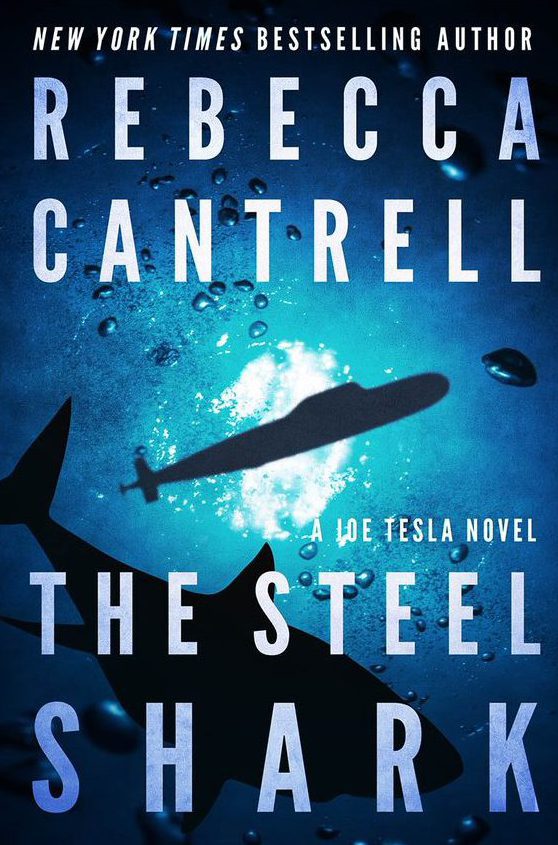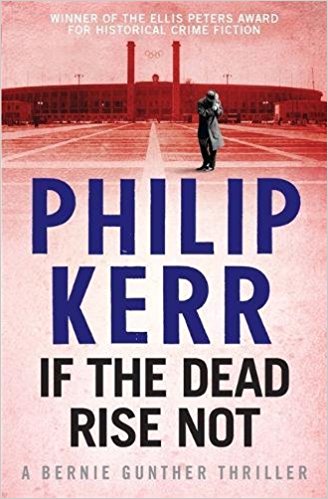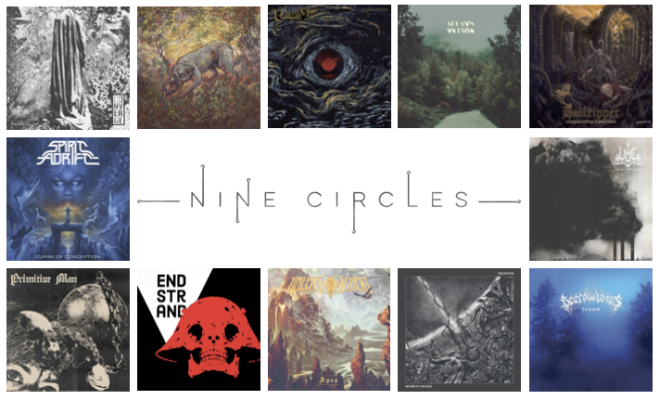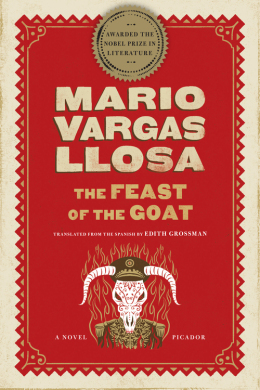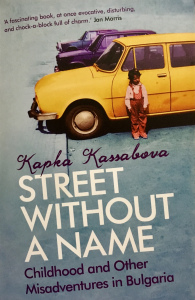 Kapka Kassabova grew up on the outskirts of Sofia during the last years of Cold War Communism in the 1980s until she left as soon as she could. As Bulgaria gets ready to join the EU (the country joined 1 January 2007) Kapka Kassabova returns to her home country, to retrace her childhood steps and discover what’s become of the country, and discovers how much both it – and she – has changed.
Kapka Kassabova grew up on the outskirts of Sofia during the last years of Cold War Communism in the 1980s until she left as soon as she could. As Bulgaria gets ready to join the EU (the country joined 1 January 2007) Kapka Kassabova returns to her home country, to retrace her childhood steps and discover what’s become of the country, and discovers how much both it – and she – has changed.
Street Without a Name is a mixture of a personal memoir and a study of country’s history. As Kassabova states with a disclaimer at the start of the book, while it is a work of non-fiction and depicts real historic and political events, they are her take on them and how events affected her and her family. The book is split into two parts, the first is Kassabova’s childhood growing up in Sofia, and the second half is when she returns after 15 years away from Bulgaria, living in various countries including New Zealand, exploring both places from her childhood and parts of the country she’d never been to before.
I really enjoyed Street Without a Name. The way Kassabova writes about the effects of growing up in Eastern Europe with Communism being such an overbearing force in their lives is sometimes both uncomfortable and farcical. It is honest in the difficulties her parents faced, the lack of food and clothes available, and the tough examinations she had to go through in school and the dilemma of being so good you get noticed and not doing well enough.
I knew nothing about Bulgaria before I read this book. It was a country I knew the name of, probably because of the Eurovision Song Contest to be honest, but that was it. Street Without a Name is a really great insight into Bulgaria’s history, not only is time as a Cold War Communist country but it’s history in the First and Second World War and conflicts with countries in the region spanning hundreds of years. It’s interesting to see what nationalities and religions make up Bulgaria, the way different people see others and how being way from a country for so long can – or cannot – change your perception of it.
I feel I have learnt a lot from Street Without a Name. It’s an interesting insight into the complexities of nationality, belonging and understanding. Kassabova is a good storyteller, weaving mini history lessons into the places she’s visiting whether that’s a town or a church or any place of historical significance so well that they seldom feel out of place or jarring. I really enjoy this type of non-fiction book, it offers a personal take on a country and its history that makes it more engaging than perhaps reading a proper history book on the same subject.
If you know very little about Bulgaria and the effects of Cold War Communism that are still prevalent today but want to know more, I’d definitely recommend Street Without a Name.
Advertisements Share this:

